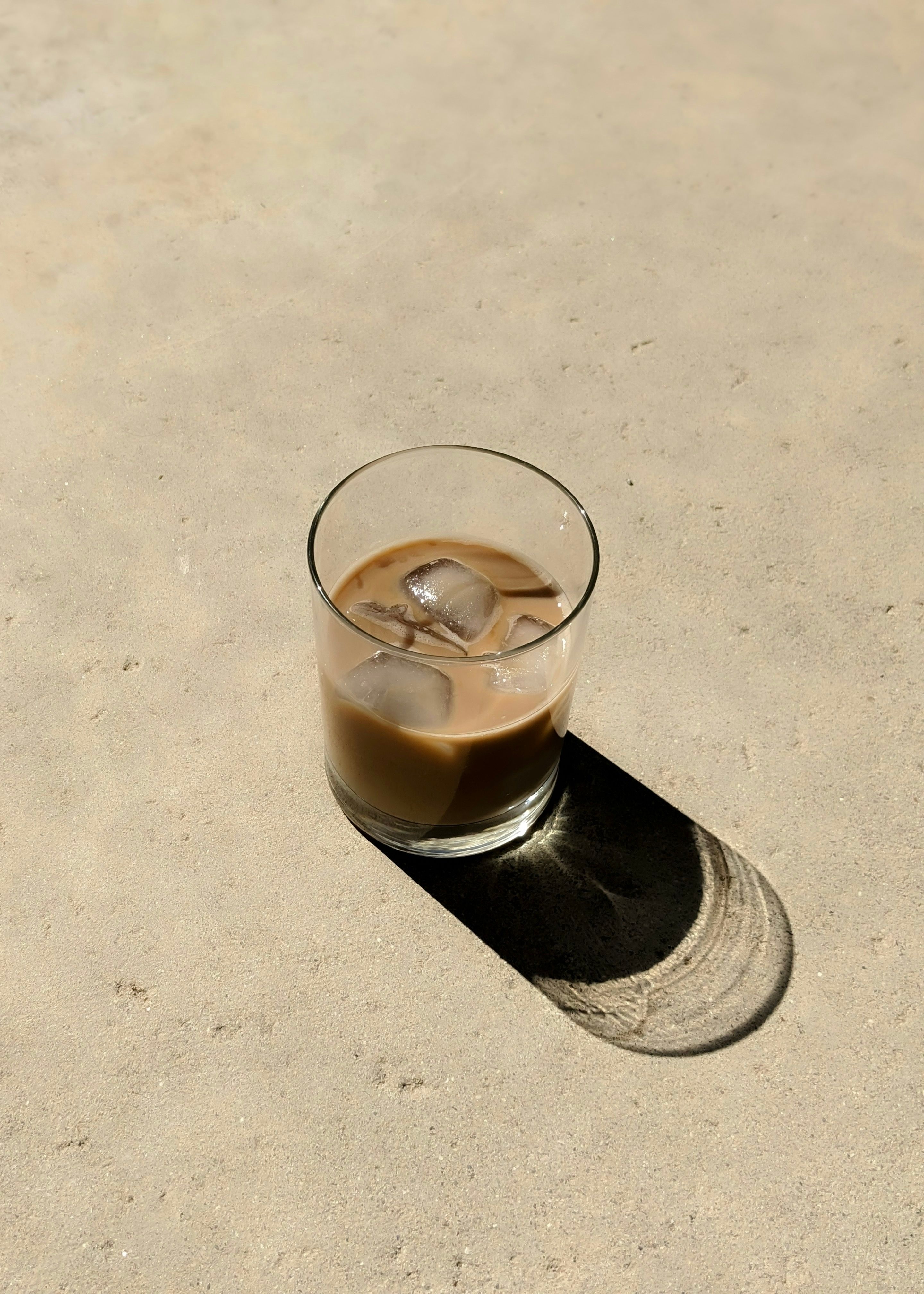
From piping hot long blacks to ice cold lattes, here's what a dietitian really thinks about your daily drink of choice.
The Healthiest Coffee Orders, Ranked by a Dietitian
From piping hot long blacks to ice cold lattes, here's what a dietitian really thinks about your daily drink of choice.
Almond milk versus soy? Long black versus flat white? For a drink that the majority of people consume on a daily basis, it’s important to understand the nutritional benefits (and potential negatives) of different coffee orders.
These popular coffee orders have been ranked for the average adult who needs to reduce their energy intake and added sugar intake. It’s important to note that there are always exceptions; for example individuals who require a higher energy intake may opt for a more energy dense beverage, which were ranked as the “least healthy” option.
What is the healthiest coffee order?
In addition to assessing the nutrition of coffees, it’s also important to consider the serving size and frequency of consumption of coffee. Consuming one “least healthy” coffee a few times a week may not have a negative impact on someone’s health, but consuming two or more daily, may.
There are both positives and negatives to caffeine consumption from coffee, too, which is important to consider. Caffeine – a stimulant found in the seeds, nuts and leaves of certain plants – can make you feel more alert, can improve your mood, benefit cognitive function, act as an antioxidant beneficial for brain and heart health, improve athletic performance and lower the risk of Alzheimer’s and other diseases. However, caffeine can also cause anxiety and irritability, act as a mild diuretic, can upset digestion and affect sleep.
The healthiest to least healthy coffee orders, ranked
1. Long black
Nutritional information (per 100mL):
- Energy: 8kj
- Protein: 0.3g
- Fat: 0.1g
- Saturated fat: 0.002g
- Carbohydrate: 0g
- Total sugar: 0g
Long blacks are low in calories and fat, and contains 0g of sugar. This makes it an excellent choice for the average person wanting to reduce their added sugar intake and calories.
2. Espresso
Nutritional information (per 100mL):
- Energy: 40kj
- Protein: 1.7g
- Fat: 0.3g
- Saturated fat: 0.02kj
- Carbohydrate: 0g
- Total sugar: 0g
Similar to the long black, the espresso is low in calories and fat, and contains 0g of sugar. This is another excellent choice for the average adult. One downfall of both the espresso and long black is that they don’t contain much protein or any calcium, due to being made with water instead of milk.
3. Cappuccino
Nutritional information (per 100mL):
- Energy: 229kj
- Protein: 3g
- Fat: 2.7g
- Saturated fat: 1.7g
- Carbohydrate: 4.9g
- Total sugar: 4.8g
Higher in calories than the espresso and long black, the cappuccino is still an okay option. It has 3.7g of saturated fat per serve and 10.6g of sugar. When made with regular cow’s milk, the cappuccino can be a source of protein and calcium.
4. Flat white and Latte
Nutritional information (per 100mL):
- Energy: 234kj
- Protein: 3g
- Fat: 2.8g
- Saturated fat: 1.8g
- Carbohydrate: 4.8g
- Total sugar: 4.8g
Flat white and latte are similar nutritionally to the cappuccino. This nutritional information can also be applied to the iced alternatives of these drinks.
5. Mocha
Nutritional information (per 100mL):
- Energy: 248kj
- Protein: 3.5g
- Fat: 3.0g
- Saturated fat: 1.8g
- Carbohydrate: 4.1g
- Total sugar: 3.8g
A mocha is slightly higher in energy and saturated fat than flat whites and lattes. However, they often contain added sugars which if consumed in excess, can contribute to dental issues and a high risk of diabetes and obesity. These are a less healthy option for the average adult. If you choose to consume these, consider your serving size and frequency of consumption.
6. Chai latte
Nutritional information (per 100mL:)
- Energy: 365kj
- Protein: 2.8g
- Fat: 3.2g
- Saturated fat: 2.1g
- Carbohydrate: 10.1g
- Total sugar: 9.4g
This drink is often viewed as a healthier choice, but in reality is energy dense and high in sugar. This is due to cafes often using a chai powder or syrup, which usually contains lots of added sugar. For a healthier option, try a homemade version.
7. Iced mocha
Nutritional information (per 100mL):
- Energy: 417kj
- Protein: 2.4g
- Fat: 5.2g
- Saturated fat: 3.4g
- Carbohydrate: 11.1g
- Total sugar: 10.4g
This makes the least healthy choice because it’s packed with sugar and fat, which also causes it to be energy dense. Consuming these regularly may lead to excess energy intake, which can lead to weight gain. Additionally, iced mochas have a high saturated fat content. These are the types of fats that have been shown to increase risk of high cholesterol and heart disease.



















